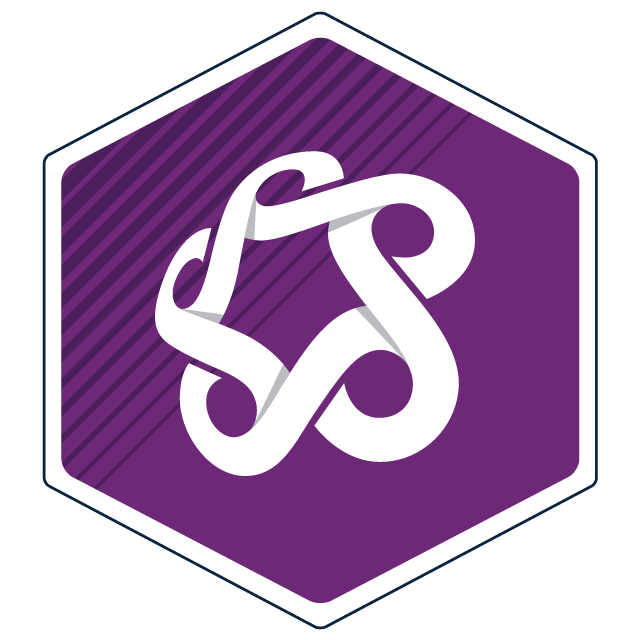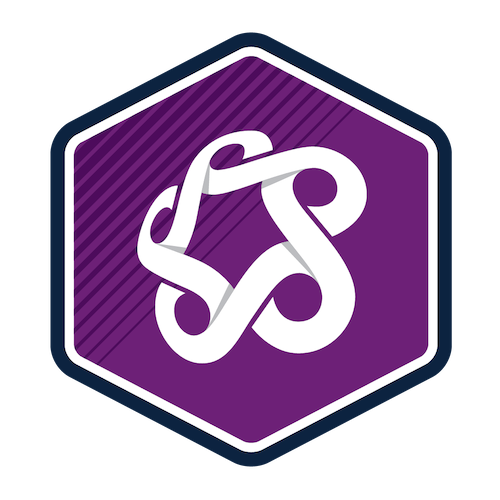Overview
In this course, you'll gain practical skills solving real-world problems using regression and time series analysis techniques with no coding required. You'll discover how to identify and define regression problems and how regression algorithms work, including their different parameters. You will also learn the best techniques and practices for training and validating regression models and how to evaluate and improve the model's performance.
You'll also explore time series data, including univariate and multivariate time series. You'll learn how to apply these techniques to real-world problems, like forecasting sales trends, projecting customer demand or predicting insurance claims based on historical data. By the end of the course, you'll have the skills to build regression models and use time series analysis to make informed decisions in various industries and to help companies reduce their risk of financial loss.
To be eligible for this course, you must complete DATA 027 - Foundations in Applied Machine Learning prior to registering for this course.
In this course, you will learn the following upon completion:
- identify and define regression problems
- analyze and prepare data for modelling through data wrangling and preprocessing
- build and evaluate regression models
- analyze and prepare univariate and multivariate time series data for model building
- build time series models to forecast future values
- solve various regression and time series problems with appropriate techniques and methods.
Upcoming dates
Select an available section and add it to your cart. When you're ready, proceed to check out to sign into your student account and complete your registration.
Don't have a student account? Let's set one up!
Registration closes seven days before the start date for on-campus, online scheduled, and blended courses, and one day before the start date for online self-paced courses.
After you've completed this course
Upon successful completion of this course, you'll be able to self-print a proof of completion document from your Continuing Education student account.
Micro-Credential
Aligned to current industry standards, SAIT’s micro-credentials develop practical, real-world skills and include competency-based testing. Earning a SAIT micro-credential demonstrates to employers you have the required competencies — both skills and knowledge — to get the job done.

Students who successfully complete this course with a final grade of A- (80%) or higher will earn a micro-credential and receive a shareable digital badge.
Costs
Technology
To be successful in this course, you’ll need:
- Access to your own computer or laptop with standard hardware/software requirements.
- Internet access
A functional webcam and microphone are recommended to allow for a more collaborative learning experience.
Financial support
Financial opportunities are available to help pay for your course fees. Learn more about how to reduce your education or training costs with available awards, bursaries, loans and grants, including the Canada Alberta Productivity Grant.
Applicable certificates
This course applies to the following certificate programs:

Train your team
Interested in group training opportunities for this course? Tell us about your organization's needs, and one of our training consultants will contact you within one business day.
Stories and news

Alberta companies look to workforce training to close critical skills gaps
The Southern Alberta Institute of Technology (SAIT) provides corporate training to help businesses boost productivity and workplace performance.

Donor created space enables cybersecurity training for students and industry
The new SAIT Cyber Range creates an immersive cybersecurity training facility for students and industry in downtown Calgary.

The SAIT certificates that will enhance your Academy Awards readiness
Academy Award season through the lens of three of SAIT’s certificates of achievement

Oki, Âba wathtech, Danit'ada, Tawnshi, Hello.
SAIT is located on the traditional territories of the Niitsitapi (Blackfoot) and the people of Treaty 7 which includes the Siksika, the Piikani, the Kainai, the Tsuut’ina and the Îyârhe Nakoda of Bearspaw, Chiniki and Goodstoney.
We are situated in an area the Blackfoot tribes traditionally called Moh’kinsstis, where the Bow River meets the Elbow River. We now call it the city of Calgary, which is also home to the Métis Nation of Alberta.
